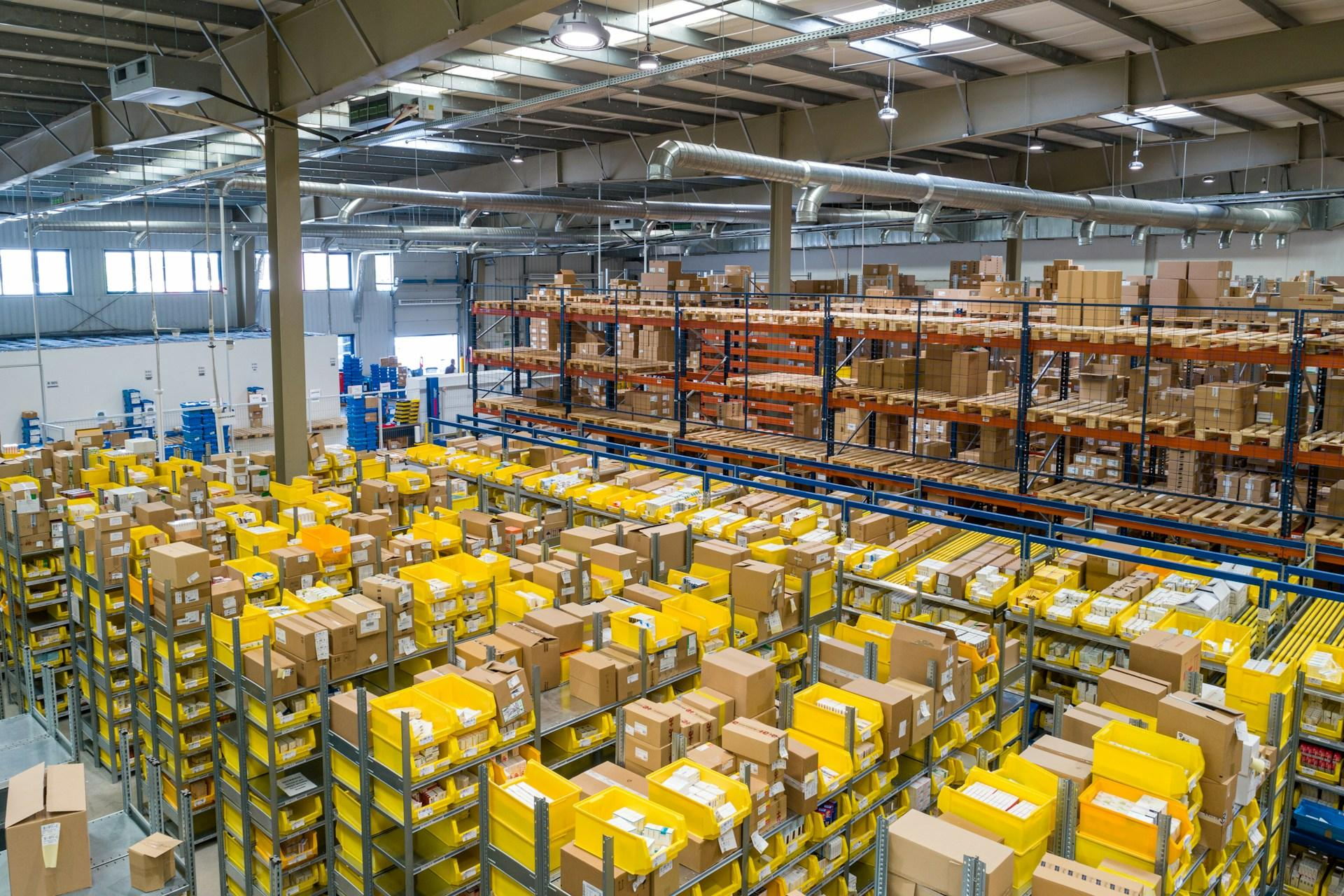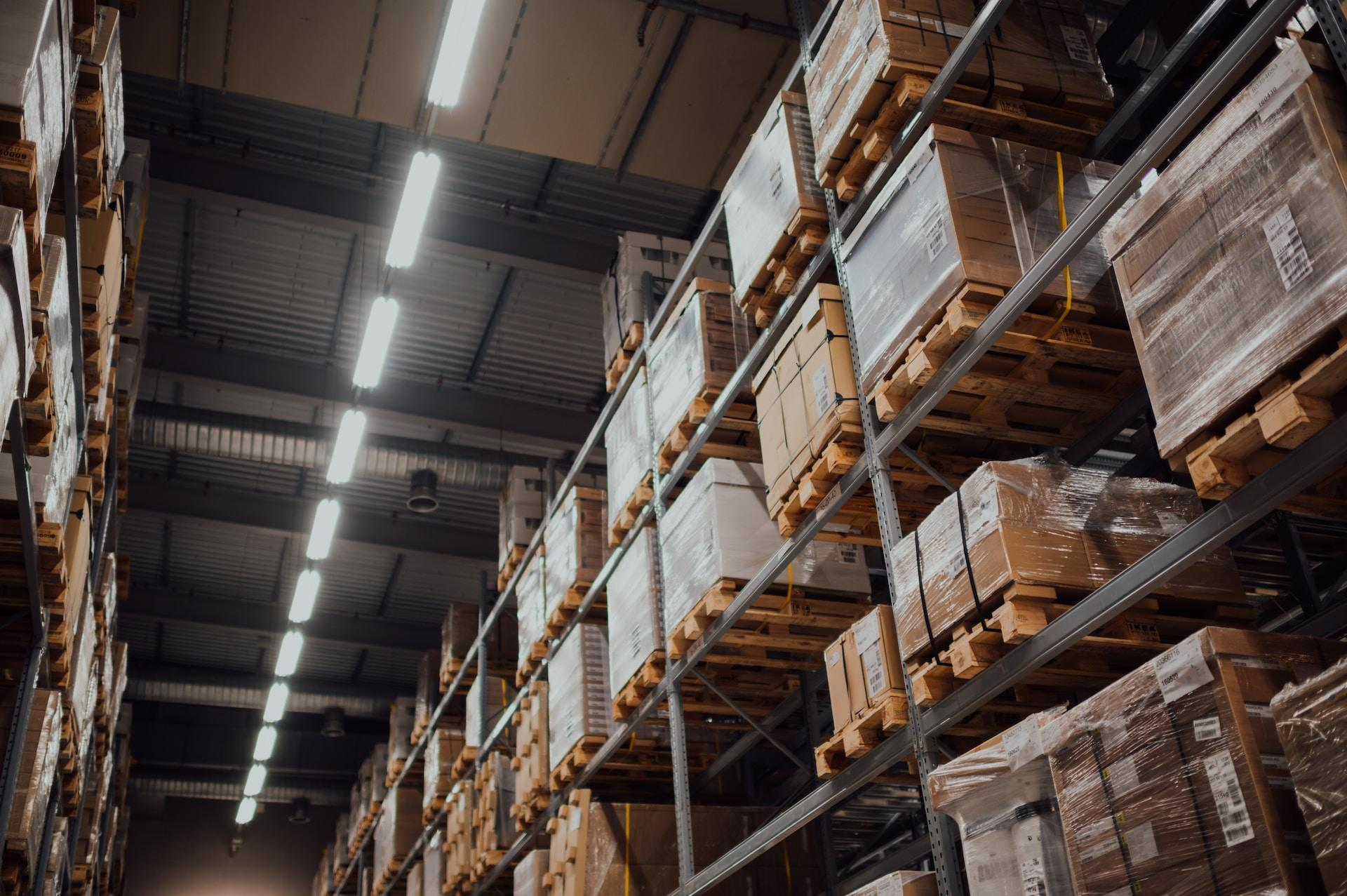Mastering The Supply Chain Symphony: Fulfillment’s Key Role in E-commerce Logistics
E-commerce has transformed how humans perform daily tasks like shopping, making getting the items you need online easier. With more and more people embracing the digital landscape to get what they need, e-commerce businesses must step up their game and meet consumer needs.
One way to do that is by having an effective logistics management system. Logistics and fulfillment are crucial parts of every e-commerce business, and in today’s fast-paced e-commerce industry, there is a need for convenient, accurate, and swift delivery. This is where order fulfillment emerges.
Supply chain management goes beyond delivering things from the company to the consumer. It is a complex relationship involving several key players and levels. Fulfillment maintains this relationship and ensures the logistics for your e-commerce business run without a hitch. This article will explore all the essential roles fulfillment plays in e-commerce logistics.
What Does Fulfillment in E-commerce Logistics Mean?
In E-commerce logistics, fulfillment involves handling an order from when the customer places it to when it reaches the consumer. The central fulfillment processes include receiving the order, inventory, order preparation, shipping, packing and final delivery to the customer.
The primary purpose of fulfillment is to ensure every customer order is delivered in pristine condition efficiently and on time. Customers expect a great shopping experience with their goods delivered quickly; fulfillment helps e-commerce businesses manage that. Besides, every e-commerce business with good fulfillment management will improve customer satisfaction.
How Does Fulfillment in E-commerce Logistics Work?
Fulfillment in e-commerce logistics is about more than receiving and delivering orders. Below are the five processes involved.
Inventory Management
This is the first step toward fulfillment. Once the customer purchases from the e-commerce store, inventory is taken to ensure the product is available at the company factory. This process involves checking the stock levels and replenishing any shortages.
Receiving The Order
Once the product is confirmed to be available, it is transferred to the factory and received. Once it arrives, it is checked for accuracy and logged into the system.
Order Preparation
All consumer products are collected by the company’s logistics team and prepared for shipment. This involves packaging the product and putting it on shipping labels or invoices for identification.
Order Shipment
Once the order has been properly packaged, it is shipped to the customer using their preferred shipping method. This can include a courier or carrier.
Tracking and Delivery
E-commerce fulfillment requires shipping tracking software to ensure the order is delivered to the customer quickly and in good condition.
Order Returns
Adequate protocols are provided for returned orders to ensure customers have a good shopping experience.
Critical Roles Fulfillment Plays in E-commerce Logistics

Fulfillment plays many roles in the logistics of an e-commerce business. Below are some of the most critical roles.
Boosts Inventory Management
With specialized technology and software, logistics companies can keep track of their inventory, forecast customer demand, and optimize stock levels to ensure products are always available for delivery. With this fulfillment software, your e-commerce company can avoid overstocking and increased warehouse costs.
Effective inventory management improves operational efficiency, leading to fewer delays and errors and more productivity.
Improves Cash Flow Management
Fulfillment also affects the cash flow management of an e-commerce business. Lack of order fulfillment in an e-commerce company can lead to delays in payment processes, invoicing, and other financial operations. This can lead to cash flow issues, impacting the company’s financial stability.
However, with fulfillment, you can streamline your payment processes and invoicing, improving cash flow management and reducing the risk of financial problems.
Saves Money and Time
Adopting fulfillment processes in your e-commerce company can save you money and time. For example, hire a third-party logistics company to handle your company’s logistics. You can focus your time and energy on other business operations, such as marketing and product development.
Boosts Customer Retention
When your customers have a positive shopping experience with your e-commerce company, they are more likely to return for purchases in the future. A fulfillment network that ensures that your customers get their orders in good condition and on time promotes a profound sense of loyalty towards the company in the customer.
Improves Customer Satisfaction
Fulfillment plays a role in increasing customer satisfaction. In today’s competitive business world, customer satisfaction is vital to every company’s success. Every customer expects a timely and accurate delivery of their package when they make an order. If there are any mistakes or delays in the supply chain process, it can lead to customer dissatisfaction and frustration.
However, customers who get their orders accurately and on time will be satisfied with the company’s services. This also reinforces their positive perception of your company. Happy customers are more likely to become repeat purchasers and advocates for the company, leading to increased awareness and sales.
Encourages Company Expansion
Fulfillment is essential for e-commerce companies that want to extend their market reach. With an effective fulfillment process, you can extend your reach into the global market by effectively navigating through processes like cross-border logistics and international shipping.
When you’re able to manage these processes, you’ll successfully tap into new markets and be able to serve new target customers worldwide. Furthermore, partnering with a third-party fulfillment company can make it more effective and accessible for customers worldwide to receive their orders. This will lead to an increase in sales and revenue while establishing your position in new markets.
Conclusion

The key to building a happy, repeat customer base for your e-commerce company lies in your product’s marketing, manufacturing, and design. A huge factor in customer satisfaction is that you can correctly package your customers’ orders, ship them, and deliver them on time. This is why you need fulfillment to help you scale your business and manage your logistics.
Furthermore, fulfillment is vital to e-commerce success, directly influencing business performance and customer satisfaction. By understanding how fulfillment works and its role in e-commerce logistics, you can optimize your e-commerce fulfillment operations to enhance customer experiences.




